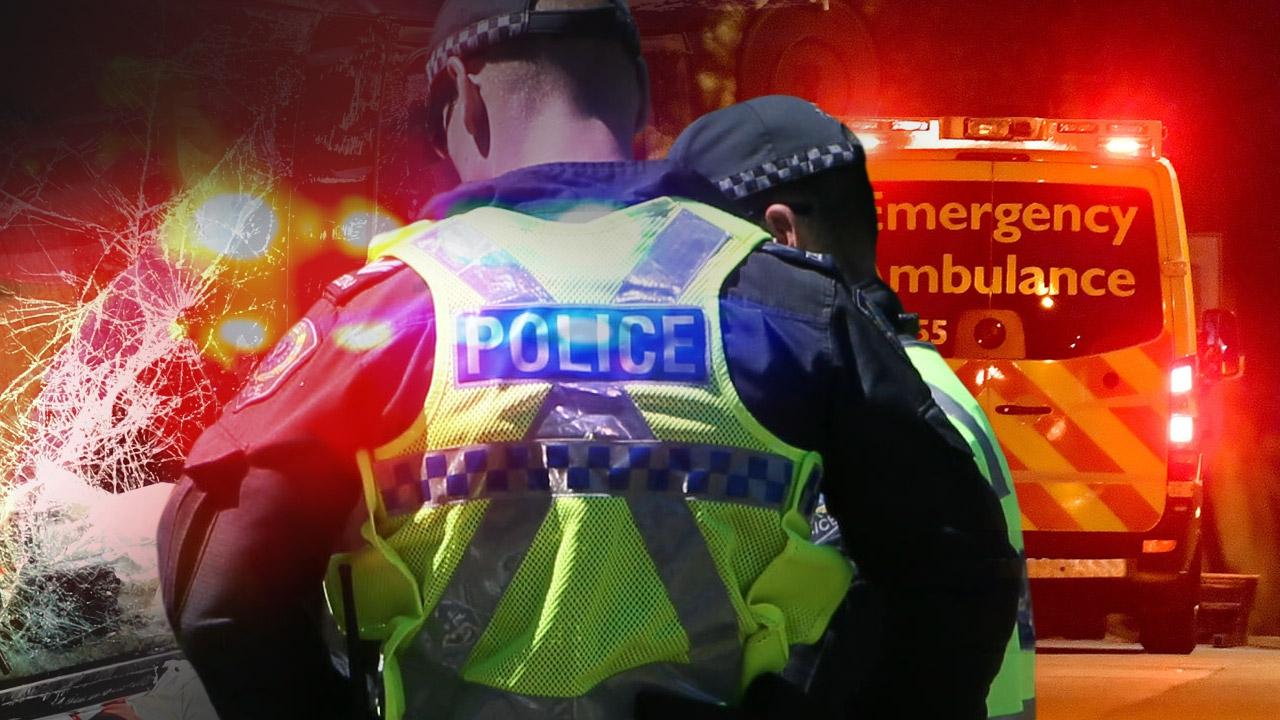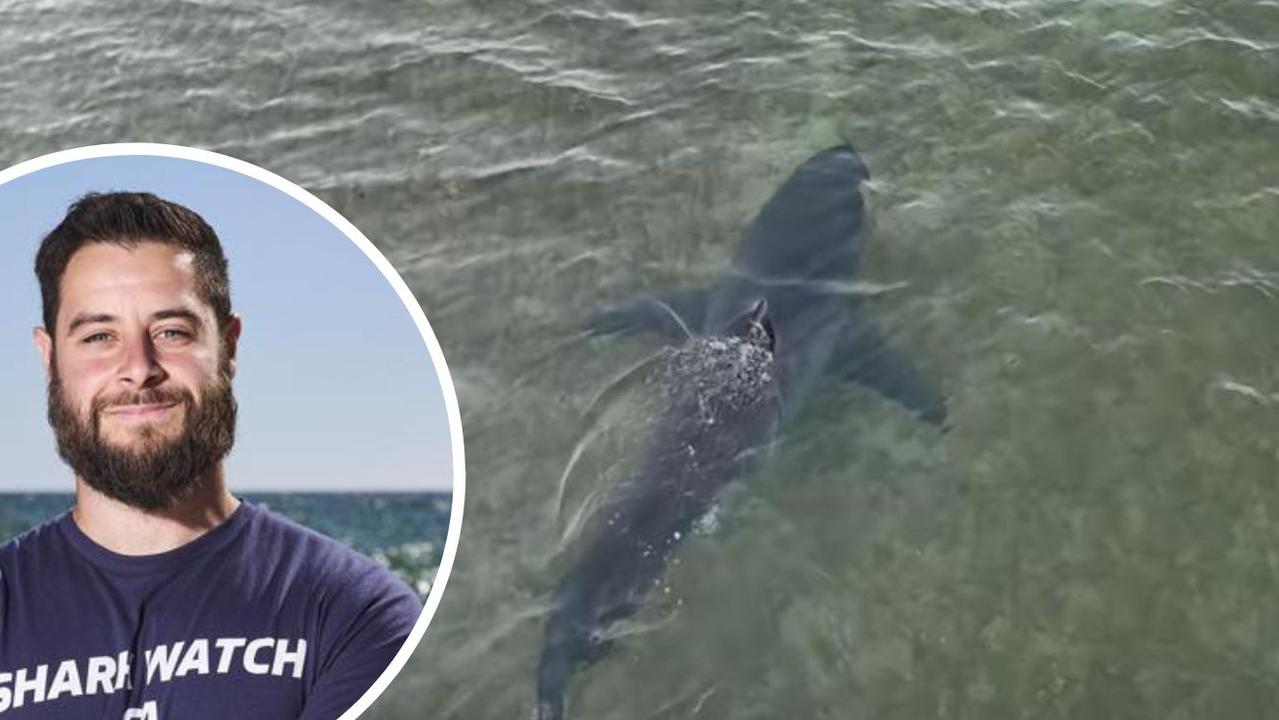Victor Harbor Granite Island causeway work ‘risks vital whale breeding, nursing area’ conservationists, scientists say
Conservationists say noisy pile-driving work on the Granite Island causeway should not be allowed during the whale season.
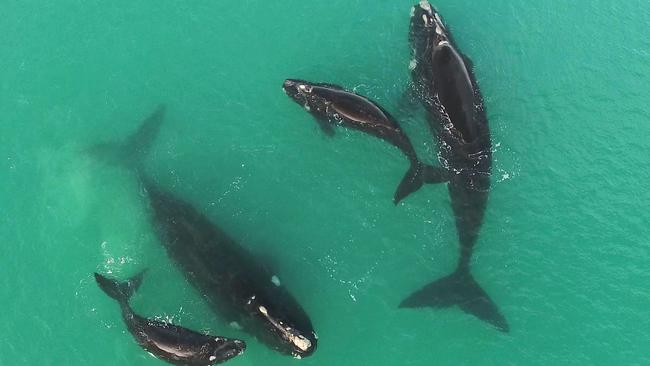
SA News
Don't miss out on the headlines from SA News. Followed categories will be added to My News.
Endangered whales need much better protection during works on the new Granite Island causeway, scientists and environmental groups say, to prevent them abandoning the breeding and calving area.
The State Commission Assessment Panel is assessing plans for a $31m new causeway at Victor Harbor, with works due to begin early this year and be complete next year.
But the project has prompted concerns about the impact of pile driving on southern right whales, and groups say works should not be done between May and November when the animals are in Encounter Bay.
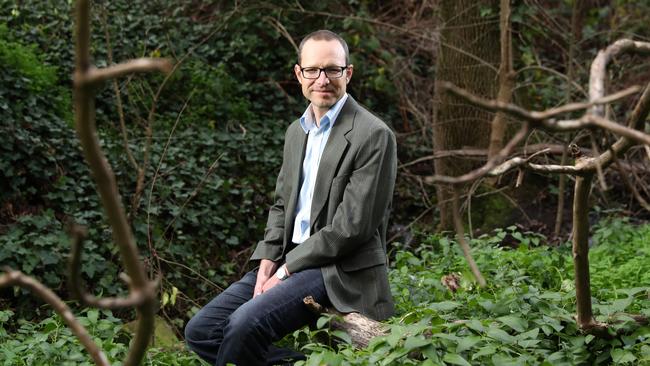
Conservation Council SA chief executive Craig Wilkins said the organisation was “deeply concerned” about the construction timing.
“(Encounter Bay) is a biologically important area for nursing, breeding and resting where pregnant females and others with calves are known to frequent,” Mr Wilkins wrote in a submission to the SCAP.
He said there was extensive local and international evidence that underwater noise disrupted mother and calf bonding and nursing, and caused females to expend excess energy by not being able to rest.
This meant less energy was available to calves through mothers’ milk and it was likely to deter whales from the area.
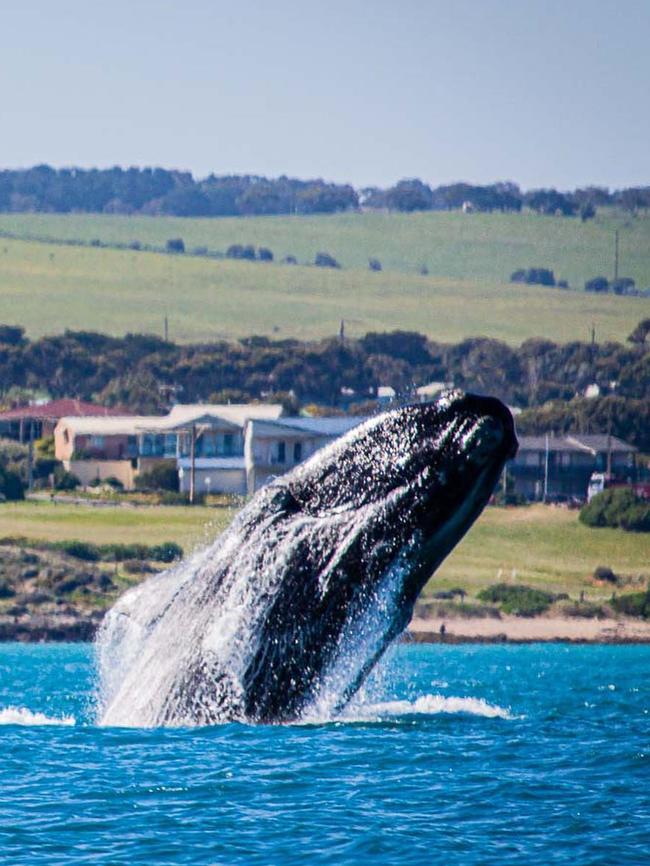
Encounter Whales spokeswoman Elizabeth Steele-Collins said evidence showed whales had shown signs of being disturbed at sounds they could pick up from more than 20km away.
“It’s well known that whales will abandon a favoured area if they’re disturbed, so the consequences could be much further-reaching than just one or two seasons,” she said.
“It’s more than just that this is an endangered species that is up against a lot already, but for the economy for this region, whales also bring tourism.”
Scientists are also among those to raise concerns in submissions, including Curtin University’s Claire Charlton, senior marine scientist with the Encounter Bay Right Whale Study.
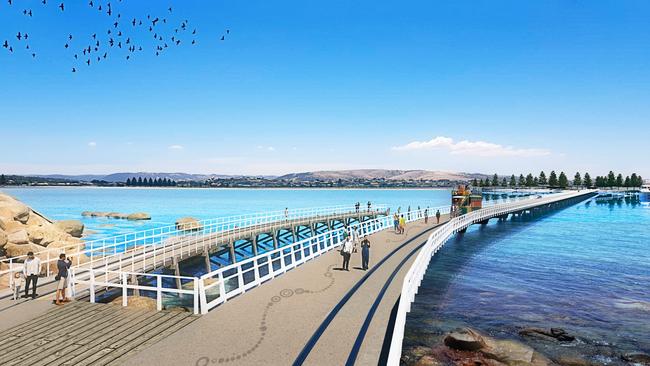
The Transport and Infrastructure department has proposed ceasing piling works if whales, dolphins, Australian sea-lions or little penguins enter a 300 exclusion zone.
But Dr Charlton said this was not adequate.
She said noise was a primary threat to the species’ recovery, and pile driving should be prohibited between May and November.
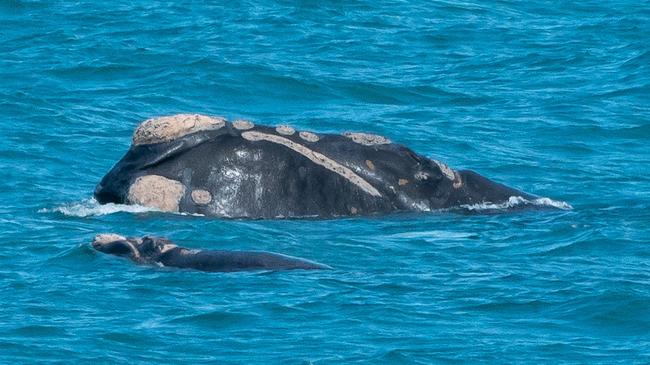
In its plans, the department said the shallow water depth in the area reduced the likelihood of whales entering the exclusion zone.
Concerns have also been raised about the impact on the vulnerable Granite Island penguin population.
The department said lights would be directed away from penguin breeding areas and noisy activities would only happen after sunrise and before sunset while the animals were away from their burrows.

